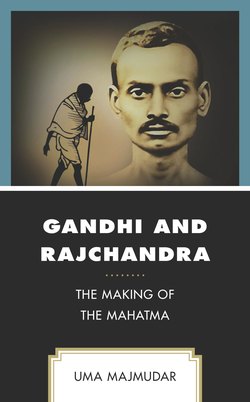Читать книгу Gandhi and Rajchandra - Uma Majmudar - Страница 14
На сайте Литреса книга снята с продажи.
Gandhi’s First Formal Introduction
to the Bhagavad Gita
ОглавлениеBeing a learning enthusiast, Gandhi was keenly interested in a formal study of religions, a desire that had remained unfulfilled during his early youth. But not anymore. While he was in London, Edwin Arnold had been engaged in translating the Bhagavad Gita from Sanskrit into English, as The Song Celestial. Assuming that Gandhi, being from India, would be more familiar with Sanskrit, Arnold consulted him about the meaning of certain Sanskrit words. Gandhi couldn’t have been more embarrassed, as he had only a skin-deep knowledge of Sanskrit, the classical language of most Hindu scriptures. As Gandhi confessed in his Autobiography (GATB, 90), “I felt ashamed, as I had read the divine poem neither in Sanskrit nor in Gujarati.”
What’s worth noting here is that even at this early stage of his pre-Mahatma-hood, Gandhi has no qualms about first admitting his flaws—even the most glaring ones—and then, seriously going about eliminating them, and even mastering them. No matter how “ashamed” Gandhi may have felt about his religious illiteracy, he would never give up but start anew. He was determined to turn his “shame” into a strong incentive to read, reflect, and study not only the Gita (short for Bhagavad Gita), but other major world scriptures—the Qur’an, the Zoroastra, the Old and the New Testaments, The Life of Mohammed, and Edwin Arnold’s Light of Asia.
